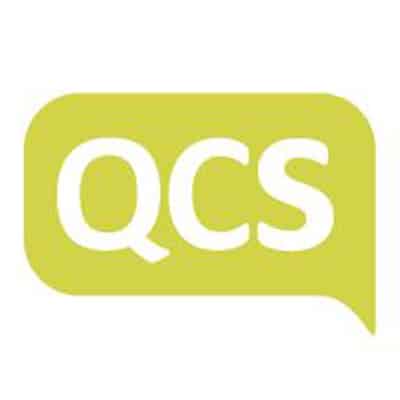Introduction
Health and social care is a complex industry in which there are many priorities, one of which is having enough staff on duty to cover shifts both day and night. As a manager tasked with not only managing staff, you are expected to manage budgets. Staff holidays, sickness absence, training, having to be balanced to ensure staff are not disadvantaged.
What are the Dangers of Shift Work!
The human body’s own internal body clock, known as circadian rhythms, means that we naturally want to be awake during the day and sleep at night.
Night workers are most at risk due to working against their circadian rhythms which can result, in the short term, in them not getting enough sleep in the day to recover. Longer-term effects on the health and well-being of staff are:
- High blood pressure and greater risk of heart attack/stroke
- Overeating or under eating
- A tendency to eat quick foods, snacks, those with high sugar or fat content ie: takeaway meals
- A greater likelihood of having an accident, making a mistake due to poor concentration (drifting) and lack of focus due to being tired all the time
- A greater risk of mental ill-health conditions.
How do I Ensure That Staff Keep Alert on Shift?
In order to ensure that staff do not become too exhausted on shifts due to working both days and nights, it is important that they have adequate break times from work and have sufficient recovery time between changing from day shifts to night shifts. There are many suggested ways of helping to achieve this such as:
- One month of days followed by a month of nights
- Plan for shorter shifts and try not to stretch beyond 12 hours per shift
- If on 12-hour shifts try to make sure that staff do not do more than 4 shifts in a week
- Ensure that staff do get their break times on duty to recover, rehydrate and eat, and remember break times are NOT for catching up on paperwork!
- Be aware of staff who may have other commitments that require them to be available at certain times that may disturb recovery during the day
- If staff are on night shifts don’t ring them during the day when they are sleeping
- Be flexible and understanding when night staff need training, and try to run training courses at a time in the day that will not interfere with sleep patterns, and consider running individual sessions late in the evening, or early in the morning directly before or after shifts
- Ensure that new staff have a pre-employment medical which should be repeated every two or three years
General Worker Advice!
In the article “The effects of shift working on health” the Institute for Occupational Safety and Health (IOSH) offers some useful advice on page 8. Below are a couple of examples:
- Reduce caffeine intake, alcohol or large meals prior to sleeping
- Restrict food intake between midnight and 6 am on night shifts and have some breakfast after your shift
- If you can’t sleep, listen to some relaxing music or read a book.
What Does the Law Say?
There are a number of legal requirements like the Working Time Regulations 1998 and amendments 2013 which cover maximum hours, health checks on night workers etc. However, under The Health and safety at Work Act 1974 section 2 employers are required to provide a safe working environment. An employer is also, under section 3, required to make safe provision for agency workers and those not employed by the company ie: self-employed and contractors etc. who provide a service for the company.
References:
Clocking on – (IOSH magazine) https://www.ioshmagazine.com/article/clocking
Working time and breaks (RCN) https://www.rcn.org.uk/get-help/rcn-advice/working-time-rest-breaks-on-call-and-night-work
The effects of shift working on health (IOSH) https://www.iosh.co.uk/shiftworkhealth







